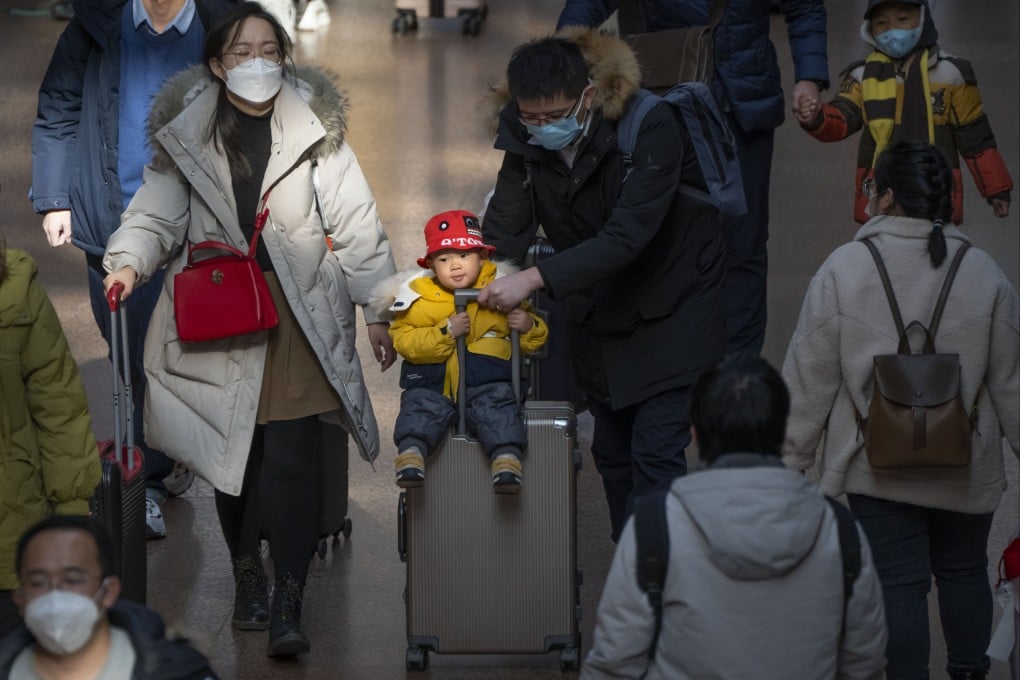Opinion | On marriage and babies, maybe China should listen to its citizens
- In a national push, local governments in China have been roped in to promote marriage and childbirth as a social and economic duty
- Beijing should tread gently though, as public attitudes towards where the state may apply its coercive powers have changed

On Chinese social media, there are many posts discussing China’s rules on marriage and divorce. In the past three years, Beijing has introduced a flurry of amendments and moved towards pronatalist policies. Among directives about child custody and matrimonial assets, the authorities now require divorcing couples to undergo mediation meetings, and a divorce can only be granted when both sides agree.
That was my own worry too. As I watch the new developments, my concerns have only deepened. In May, China’s Family Planning Association was reported to be launching pilot projects in more than 20 cities to create a marriage and childbearing culture for a “new era”.
Some measures are laudable and necessary – for example, curbing outdated practices such as high “bride prices”, encouraging couples to share childcare responsibilities, and creating a more family-friendly work environment.


